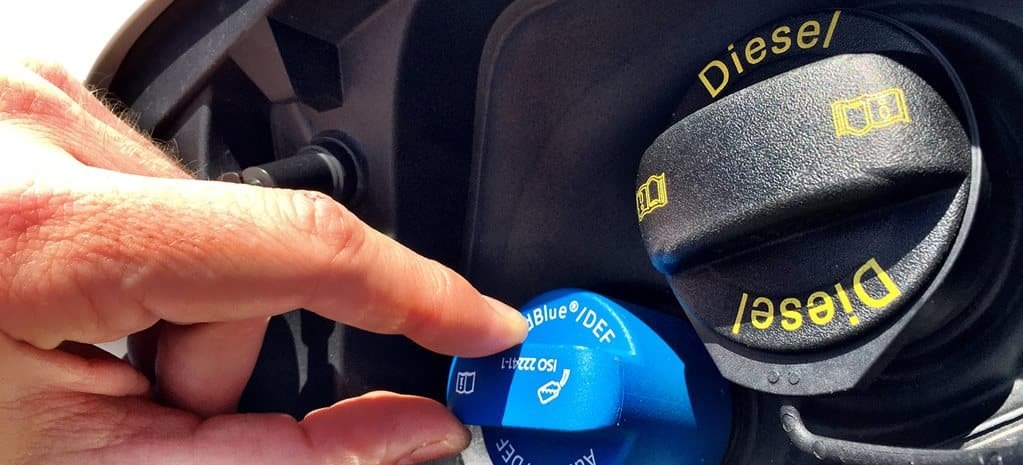It is likely that in recent months you have heard about blue diesel, a new biofuel that was born out of the interest of the automotive industry to expand the supply of planet-friendly fuels. If you still don’t know what diesel is or what it is for, then we will tell you everything you need to know about this new biofuel that will soon be here to stay.
Blue diesel, commercially called Blue Diesel R33, is a new biofuel that is mainly characterized by emitting less NOx than current diesel. This is possible thanks to a higher percentage of biodiesel in its composition, since it has approximately 33% of waste and paraffin’s from reused cooking oils.
The remaining 67% is made up of diesel from petroleum combined with other additives that improve its performance. As a result, the new Blue Diesel R33 contains up to 33% biodiesel, while the current diesel or B7 diesel only has 7%.
This new biofuel has been developed by the German University of Coburg and by renowned companies such as Volkswagen, Bosch and Shell. The German vehicle manufacturer is one of those that is betting the most on diesel.
So that after a long period of tests it claims that it pollutes 20% less than conventional diesel and you can also have this fuel in auto for trade. Furthermore, Volkswagen employees in Wolfsburg are using this biofuel in an experimental phase at the company’s service stations.
ADVANTAGES OF BLUE DIESEL
- It reduces emissions from diesel cars by 20% compared to the current diesel that is in gas stations.
- By using reused cooking oils, diesel also helps reduce the impact these oils have on the environment.
DISADVANTAGES OF BLUE DIESEL
- Lose properties in the short term.
- It is more expensive than the current diesel.
- It presents a greater risk of freezing at low temperatures.
- As it is not such a clean combustion, it leaves some impurities that can end up causing damage to injectors, pistons, connecting rods, etc.
WHAT CARS CAN USE BLUE DIESEL?
The Blue Diesel R33 is certified according to DIN EN 590 standards, so it is a fuel standard that meets all quality criteria and is valid for all diesel vehicles. In addition, the European Union has already approved it as a biofuel compatible with all cars powered by a diesel engine, regardless of their age.
WHEN CAN BLUE DIESEL BE REFUELED AT GAS STATIONS?
Although it has passed all the controls for its use, the Blue Diesel R33 still does not have an exact date for its arrival at Spanish gas stations, since at the moment it is not approved for sale at European gas stations.
However, as its expansion is being very positive, it will surely arrive in our country very soon. On the other hand, it is not known what its final price will be, although it is known that it will be more expensive than traditional diesel.

